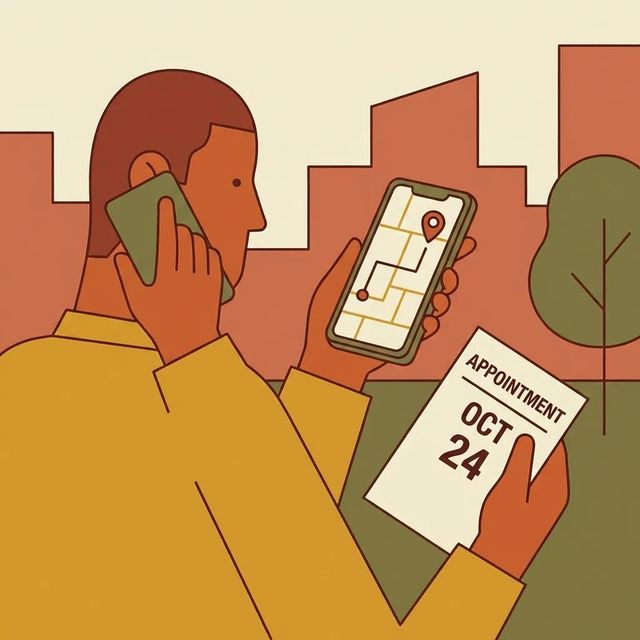El Centro Detention Facility, CA
Find an Inmate at El Centro Detention Facility, CA
Search for a loved one and send messages and photos in minutes.

Guides for This Facility
At a Glance
Facility Info
- GEO operates El Centro on behalf of the U.S. Marshals Service and provides housing, security, transportation, medical, food and other support services.
- GEO provides a confidential, anonymous, third‑party 24/7 multilingual hotline for reporting potential violations.
- GEO facilities, including El Centro, are subject to multiple audits and inspections, including corporate audits, government agency audits, and third‑party reviews.
Based on official sources and community feedback. Learn how we verify
Topic Overviews
Facility Info
El Centro Detention Facility is run by GEO for the U.S. Marshals Service. GEO handles housing, security, transportation, medical care, food, and other support services. The company's stated policy emphasizes treating people in custody with dignity and complying with applicable laws, including protections for religious freedom. GEO also commits to preventing unlawful abuse, harassment, and sexual misconduct. Need to raise an issue? The facility offers both informal and formal grievance options—secure reporting channels, drop boxes, and access to government partner grievance mechanisms. Formal complaints are investigated promptly. GEO maintains ACA accreditation, PREA compliance and certification, and undergoes multiple audits and inspections. Staff receive at least 40 hours of annual training. The facility also supports education, vocational, library, and voluntary work programs. For current visiting hours, approved vendors, fees, and contact information, check official sources directly.
Read full guideCommon Questions
Who operates El Centro Detention Facility and what services do they provide?
GEO operates El Centro Detention Facility on behalf of the U.S. Marshals Service. GEO provides housing, security, transportation, medical, food, and other support services at the facility.
Facility InfoHow can I report a concern or file a grievance about El Centro Detention Facility?
You can use the facility's informal or formal grievance procedures—secure reporting channels and drop boxes are available. GEO also offers a confidential, anonymous, third-party 24/7 multilingual hotline for reporting potential violations. Formal complaints are investigated promptly, and you can also route concerns through government partner grievance mechanisms.
Facility InfoWhat protections does GEO say are in place against abuse and harassment at El Centro?
GEO states it maintains an environment free from unlawful physical and verbal abuse, harassment, and sexual misconduct. The company commits to treating people in its care with dignity and complying with applicable laws, including protections for freedom of religion.
Facility InfoReady to Connect?
Search for your loved one to start communicating today
Did You Know?
El Centro Detention Facility in California operates on behalf of the U.S. Marshals Service. At the facility, GEO provides housing, security, transportation, medical and food services, plus other support services.
This guide is compiled from official facility documentation and community feedback. Learn how we verify

